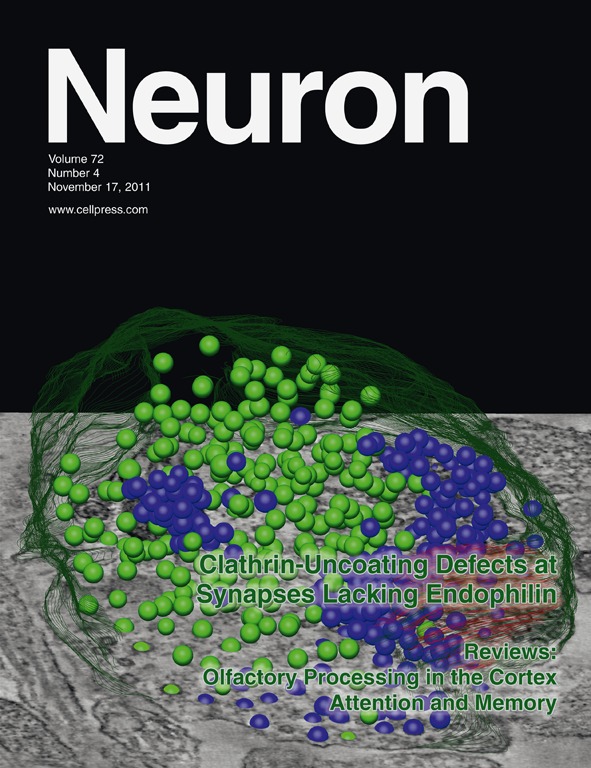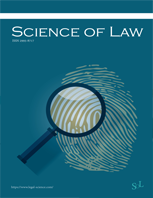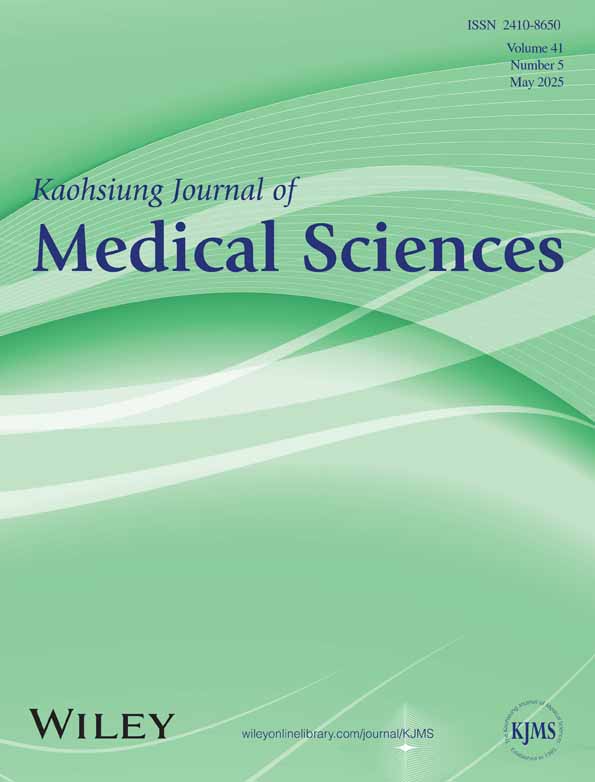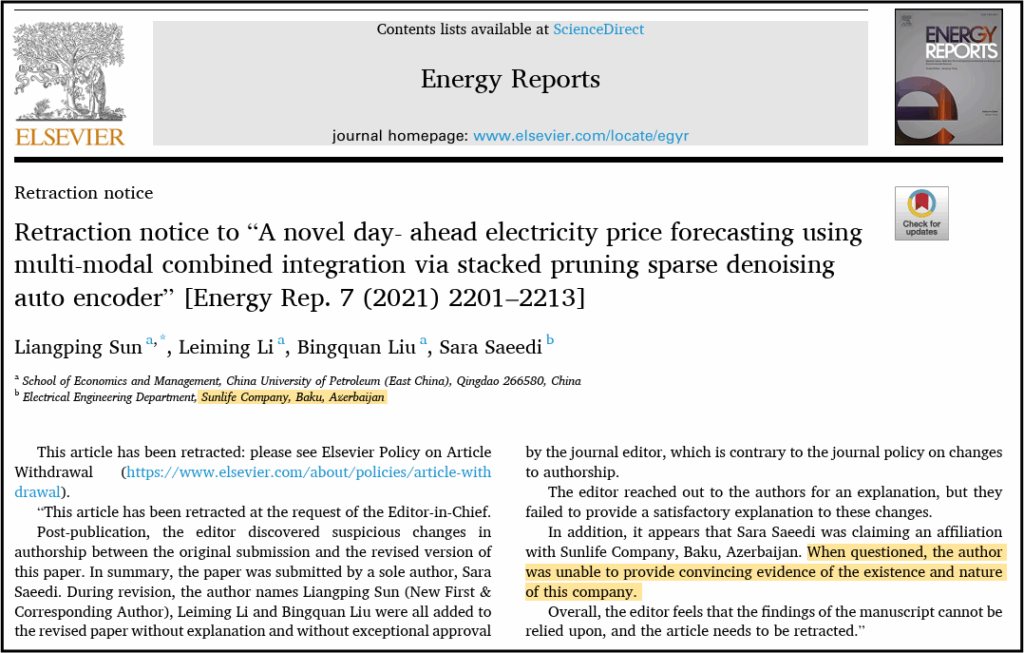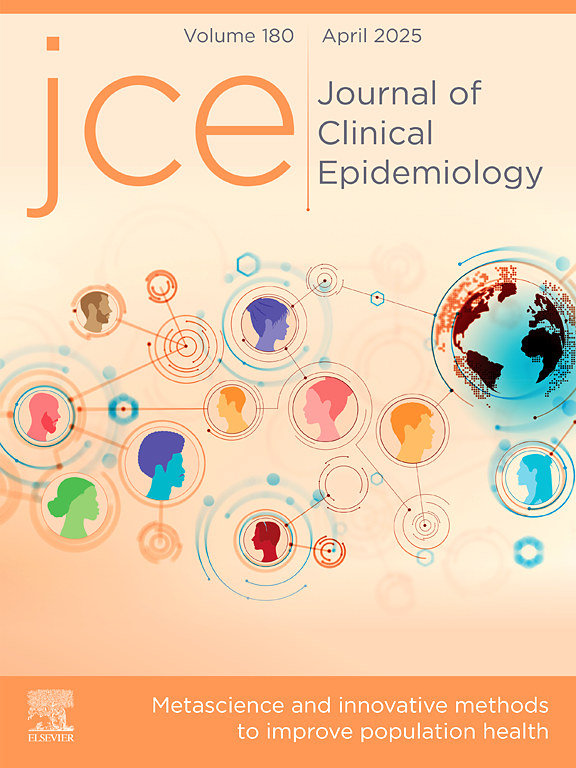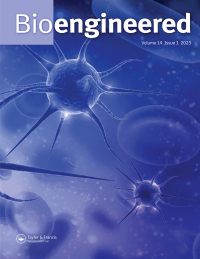A journal has finally issued a correction following a seven-year-old exchange on PubPeer in which the authors promised to fix issues “as soon as possible.” But after following up with the authors and the journal, it’s still not clear where the delay occurred.
Neuron published the paper, “Common DISC1 Polymorphisms Disrupt Wnt/GSK3β Signaling and Brain Development,” in 2011. It has been cited 101 times, 28 of which came after concerns were first raised, according to Clarivate’s Web of Science.
It first appeared on PubPeer in April 2018, when commenter Epipactis voethii first pointed out figures 2 and 3 of the paper had potential image duplication.
Continue reading Correction finally issued seven years after authors promise fix ‘as soon as possible’